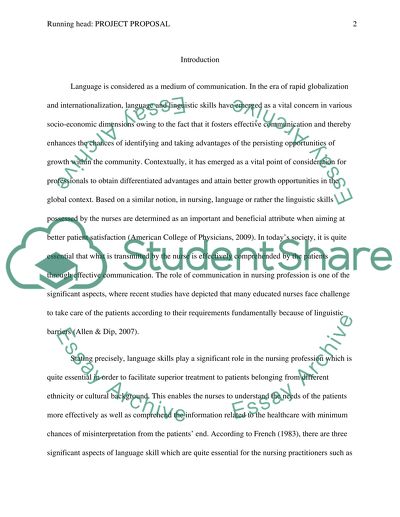Cite this document
(“Nurse Practitioners who have had a spanish for health care Research Proposal”, n.d.)
Nurse Practitioners who have had a spanish for health care Research Proposal. Retrieved from https://studentshare.org/nursing/1466069-nurse-practitioners-who-have-had-a-spanish-for
Nurse Practitioners who have had a spanish for health care Research Proposal. Retrieved from https://studentshare.org/nursing/1466069-nurse-practitioners-who-have-had-a-spanish-for
(Nurse Practitioners Who Have Had a Spanish for Health Care Research Proposal)
Nurse Practitioners Who Have Had a Spanish for Health Care Research Proposal. https://studentshare.org/nursing/1466069-nurse-practitioners-who-have-had-a-spanish-for.
Nurse Practitioners Who Have Had a Spanish for Health Care Research Proposal. https://studentshare.org/nursing/1466069-nurse-practitioners-who-have-had-a-spanish-for.
“Nurse Practitioners Who Have Had a Spanish for Health Care Research Proposal”, n.d. https://studentshare.org/nursing/1466069-nurse-practitioners-who-have-had-a-spanish-for.


